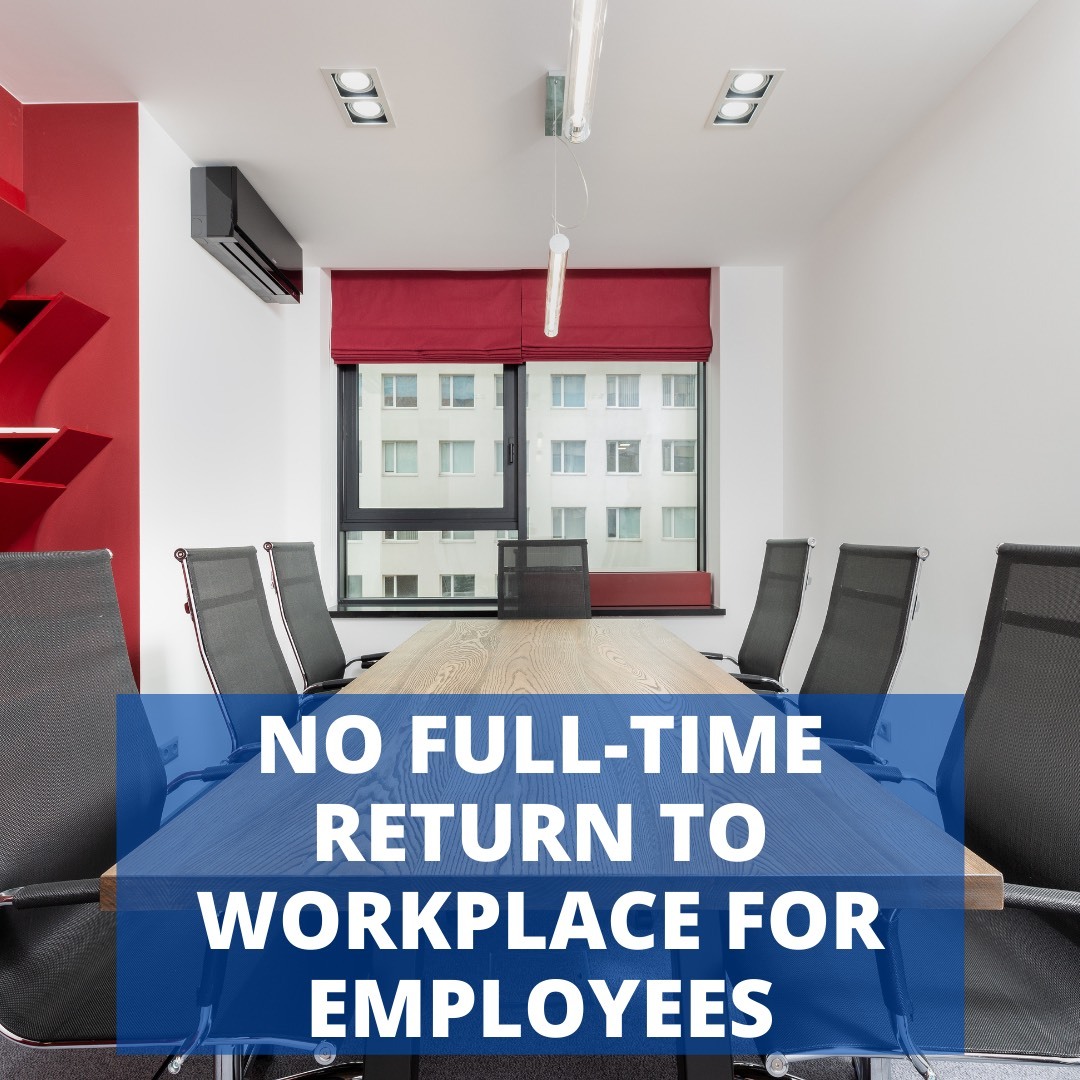With restrictions relaxing and life gradually returning to normal, it's no wonder that companies are searching for new ways to welcome employees back to the workplace. As a result of the lockdown, several major corporations have declared the closure of their office spaces, forcing all employees to operate from home with no (or little) say in the matter.
Separate from those who are allowing their employees to work entirely from home, it has been revealed that a significant proportion of the UK's largest employers will not be rehiring full-time employees, with one recruitment firm reporting that four-fifths of its 34,000-strong workforce is now remote.
It isn't just big corporations; many smaller brands have changed the way they will operate in the future, whether because they can't afford the rent or are simply trying to cut costs. Businesses that rely on office staff for a business, such as cafes and restaurants, want them to return as soon as possible.
The benefit of Working from Home
This has been a joyous transition for many. The advantages are self-evident. No commuting, more time for hobbies, less money spent on child care, and freedom from irritable employers and coworkers are just a few of the reasons why one in every three of us wants to continue working from home, according to a report.
Some businesses cite "smart working" and "flexibility" as reasons for implementing hybrid working, with many implying that employees would be able to choose how often they come into the office.
Danny Harmer, chief people officer at the insurance company Aviva, which employs 16,000 people in the UK, stated that 95% of his employees would like to be able to operate flexibly and remotely in various places. However, she mentioned that the organisation must keep in mind that many employees, such as those who live alone or do not have a convenient place to work, value working in an office.
Sellick Partnership, which specialises in professional services recruitment such as legal, finance, and accounting, as well as human resources, claims that combining home working and office-based employment has many advantages for both companies and workers.
The Difficulty of Working from Home
Employees who suffer from mental health disorders such as anxiety and depression as a result of lockout working environments are more likely to experience a decrease in productivity. Many newly remote workers are reportedly more nervous, anxious, and isolated, particularly during the lockdown. Many home office workers are coping with the change as usual face-to-face contact levels are reduced and rigid 9-5 hours transform into working late into the evening.
Millions of people can discover that their insurance plans do not protect them from work-related incidents that occur at home as the UK's lockdown eases, according to an insurer, and this is incorrect. Until recently, insurers had to extend home and contents plan to home staff and the self-employed because the country was being advised to remain at home.
However, as government advice shifts, some home employees can discover they aren't protected because their policies are just for domestic use.
The Association of British Insurers' (ABI) home working pledges are due to be checked and revised on April 30th, 2021, which means there could be conflicts pitting the self-employed and homeworkers against the insurance industry.
According to new Statista data, 65% of the current corporate landscape intends to remain remote after constraints are lifted, with an additional 58% saying that they will search for another job rather than return to the workplace. For accounting and business advice, please contact Persona Finance [enquiries@personafinance.co.uk].



